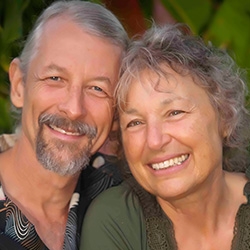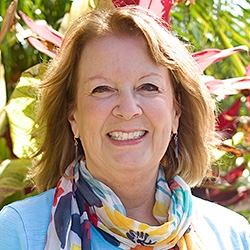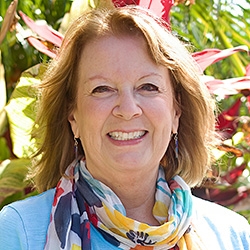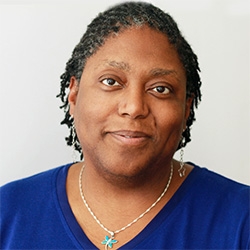

NVC Resources on Healing
-
Use NVC and mediation tools to transform conflict into authentic connection.
-
Jim and Jori Manske share strategies for employing gratitude to create more joy in life, jettisoning the fear of asking for what you want, and welcoming feedback no matter how it is delivered.
-
Join Jim and Jori Manske in a thought experiment exercise designed to help us become more aware of our conditioning, allowing us to make more conscious and connected choices in the face of conflict.
-
Explore compassionate ways to handle volatile counseling situations in dialogue form.
-
Much like other asymmetric relationships (such as therapist and client), there are complications related to power dynamics that can arise with any NVC trainer having sex with a participant. For one, there's (counter)transference. And there's potential for things that may not move outside this asymmetric relationship -- such as projections where the participant, and/or the trainer, is guided by un-healed pain of their "inner child".
-
Trainer Tip: Mourning enables us to heal the pain and gain clarity about how to meet our needs in the present moment.
-
One thing that makes empathic understanding difficult yet valuable is that it can be humbling. If I really open myself to hearing and understanding, while trusting my inner strength of self-knowing, I may be changed by what I hear. My core beliefs or understanding might change and grow. This openness could be key to transforming the energy of conflict into new possibilities for greater connection, creativity, and well-being.
-
Trainer Tip: Q: How do we get the love we want? A: Ask for it.
-
Using his own life experience, Eric explores why we need support from others, what support might look like, and what blocks us from asking for support for our relationships.
-
Have you ever been in a meeting where the agenda is full and someone gets triggered? Did you get stuck in an empathy spiral and a never ending meeting? Roxy Manning shares the difference between healing empathy functional empathy.
Quick Links

Stay in Touch!
We value your privacy, won't share your email address and you can easily unsubscribe any time.










